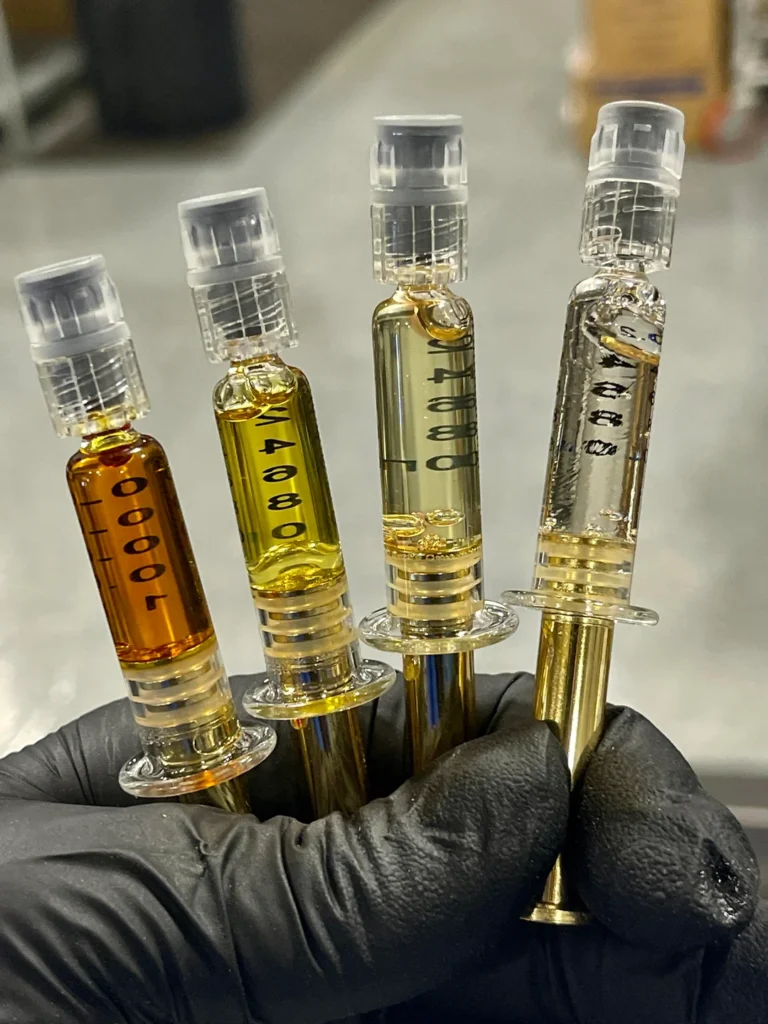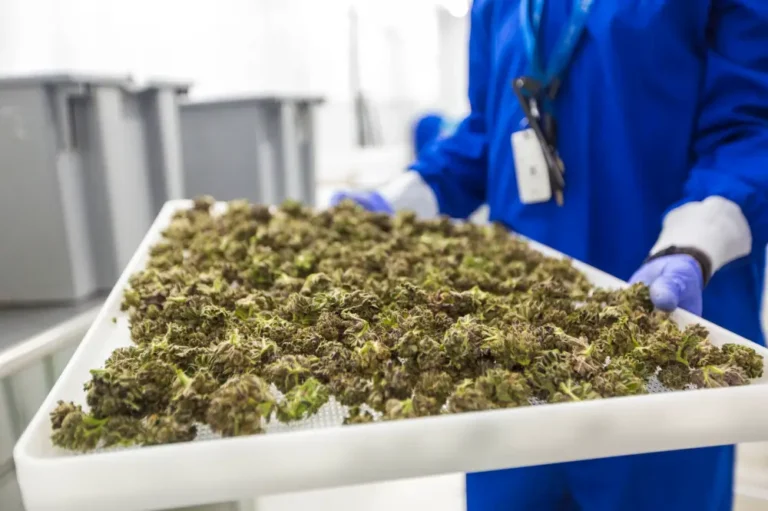Delta 9 And Pregnancy
Pregnancy is a crucial period for expecting mothers, involving numerous lifestyle adjustments to protect both their health and the well-being of their baby. One topic that has gained considerable attention is the use of cannabis, particularly delta-9-tetrahydrocannabinol (Delta 9 THC), during pregnancy. This blog takes a closer look at the complexities surrounding Delta 9 and pregnancy, examining its potential effects, associated risks, and the importance of making well-informed choices.
Delta 9 THC, commonly known as Delta 9, is the primary psychoactive ingredient in cannabis, responsible for the feelings of euphoria, relaxation, and altered sensory perception users experience. With cannabis use becoming increasingly common and socially accepted, it is vital to understand how Delta 9 may impact pregnancy and the development of the fetus.
Research on Delta 9 and pregnancy is still evolving, but existing studies suggest potential risks that should not be overlooked. One of the primary concerns is the ability of Delta 9 to cross the placenta, thereby exposing the developing fetus to its effects. This exposure can potentially interfere with fetal brain development, as the endocannabinoid system, which Delta 9 interacts with, plays a significant role in the growth and maturation of the brain.
Animal studies have shown that exposure to Delta 9 during pregnancy can lead to various developmental issues. These include alterations in brain structure, impaired cognitive functions, and behavioral changes. While direct extrapolation from animal studies to humans is not always accurate, these findings highlight the need for caution.

Human studies on Delta 9 and pregnancy have also pointed to potential adverse outcomes. Some research indicates that prenatal exposure to Delta 9 may be associated with lower birth weights, preterm births, and developmental delays. These effects are particularly concerning given that low birth weight and preterm birth are significant risk factors for infant mortality and long-term health issues.
The use of Delta 9 during pregnancy can complicate maternal health. For instance, cannabis use has been linked to an increased risk of anemia and other complications that can affect both the mother and the baby. Additionally, Delta 9’s psychoactive effects can impair judgment and coordination, leading to increased risks of accidents and injuries during pregnancy.
Despite the potential risks, some expectant mothers may consider using Delta 9 for its perceived benefits, such as alleviating nausea and vomiting associated with morning sickness or managing anxiety and stress. However, it is essential to weigh these perceived benefits against the possible risks to fetal development and maternal health.
Healthcare providers play a crucial role in this context. Open and non-judgmental communication between pregnant women and their healthcare providers is vital. Expecting mothers should feel comfortable discussing their cannabis use and seeking guidance on safer alternatives for managing pregnancy-related symptoms. This dialogue can help in making informed decisions that prioritize the health and well-being of both the mother and the baby.
Public health campaigns and educational initiatives are also important in raising awareness about the potential risks of Delta 9 and pregnancy. Providing accurate information and resources can empower women to make informed choices and seek appropriate support during pregnancy.
The relationship between Delta 9 and pregnancy is complex and warrants careful consideration. While research is ongoing, the existing evidence suggests potential risks to fetal development and maternal health. Expecting mothers are encouraged to discuss their cannabis use with healthcare providers to explore safer alternatives for managing pregnancy-related symptoms. Making informed decisions and prioritizing the health of both the mother and the developing fetus is paramount. As we continue to learn more about the effects of Delta 9 on pregnancy, the importance of informed, evidence-based guidance cannot be overstated.





